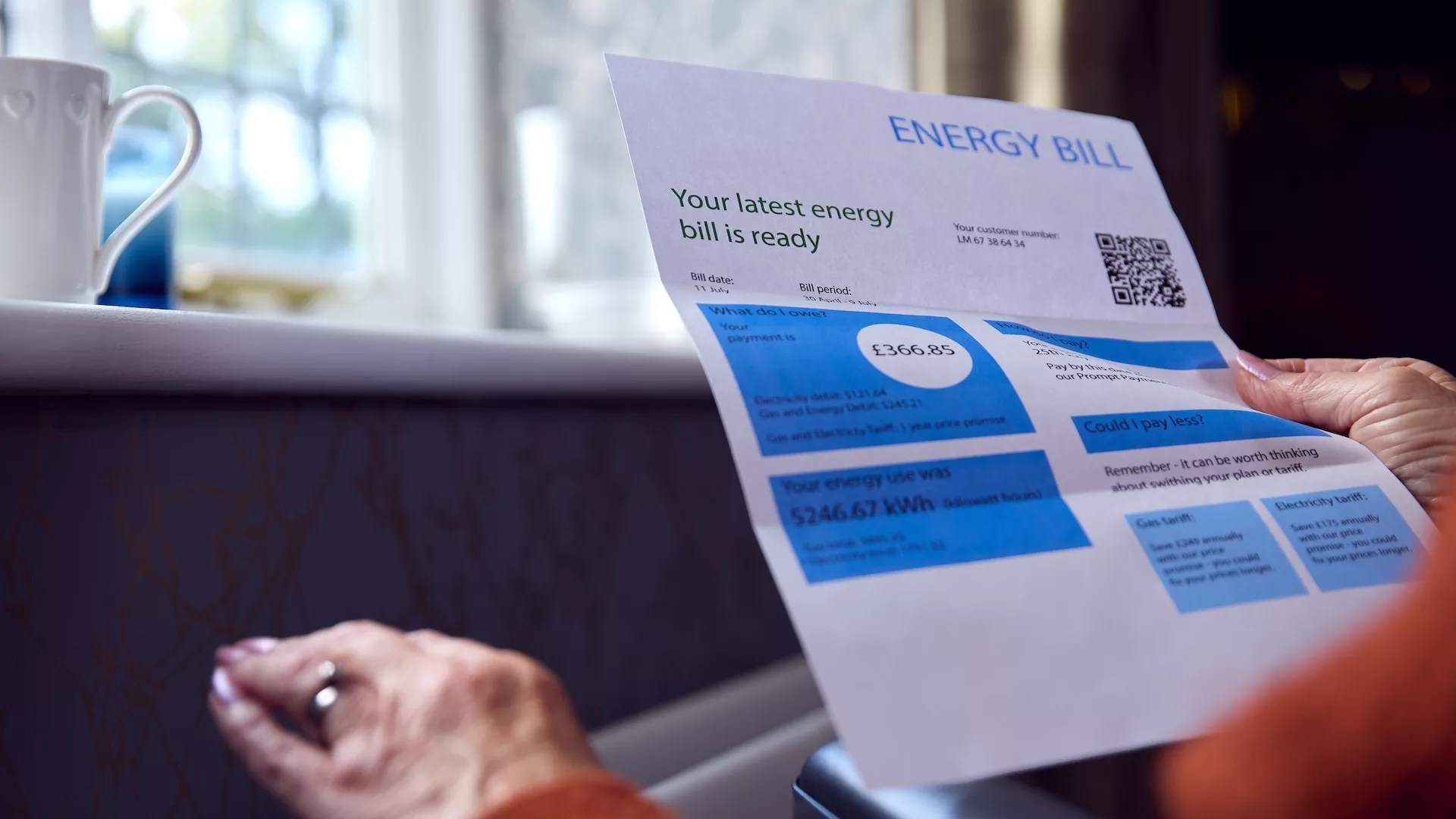Jarvis also called for long-term reform to insulate energy prices from the global gas market and ensure stability through domestic clean energy.
“We need to work with government to unlock the investment needed to meet our clean power and net zero goals as quickly as possible,” he added.
The price cap, introduced in 2019, is reviewed quarterly and limits the maximum unit cost of gas and electricity. It is designed to protect consumers from volatile wholesale prices, though actual bills still vary by usage.
Nearly seven million people are currently behind on their energy bills. Simon Francis, coordinator of the End Fuel Poverty Coalition, said bills remain tied to “the unpredictable cost of fossil fuels”.
Without urgent reform and investment, he warned, “millions will continue to face unaffordable bills and cold homes.”
Francis said the government’s £3.4 billion Warm Homes Plan – which aims to improve energy efficiency in low-income and poorly insulated homes by 2026 – offers a long-term solution. The scheme funds insulation, heat pumps and solar panels to cut bills and emissions. But “media reports and the Whitehall rumour mill suggest the plan is now under threat,” he added. “If ministers walk away, they’re condemning households to years more of hardship.”
Tessa Khan, founder and executive director of Uplift described the news as a “massive relief” – but stressed the need for the green transition.
“If we follow the money we see there are vested interests who want us hooked on gas and the reality is we have no control whatsoever over its price. While some companies and individuals profit from that reliance, the rest of us are faced with this grinding price cap seesaw.
“We need to end the system where the price of gas sets the price of electricity. This is what happens most of the time despite our electricity increasingly being generated by cheaper homegrown renewable energy.
“The quicker we get off gas, by switching to renewables and insulating homes, the quicker our energy bills will fall for good.”
National Energy Action chief executive Adam Scorer echoed this concern, warning that bills “remain punishingly high for low-income households”.
“The likely expansion in eligibility for the winter fuel payment will be a relief for some, but National Energy Action is calling for deeper energy bill support and a real focus to support households out of debt.”
Promises are easy to break. Sign Big Issue’s petition for a Poverty Zero law and help us make tackling poverty a legal requirement, not just a policy priority.
Do you have a story to tell or opinions to share about this? Get in touch and tell us more. Big Issue exists to give homeless and marginalised people the opportunity to earn an income. To support our work buy a copy of the magazine or get the app from the App Store or Google Play.









